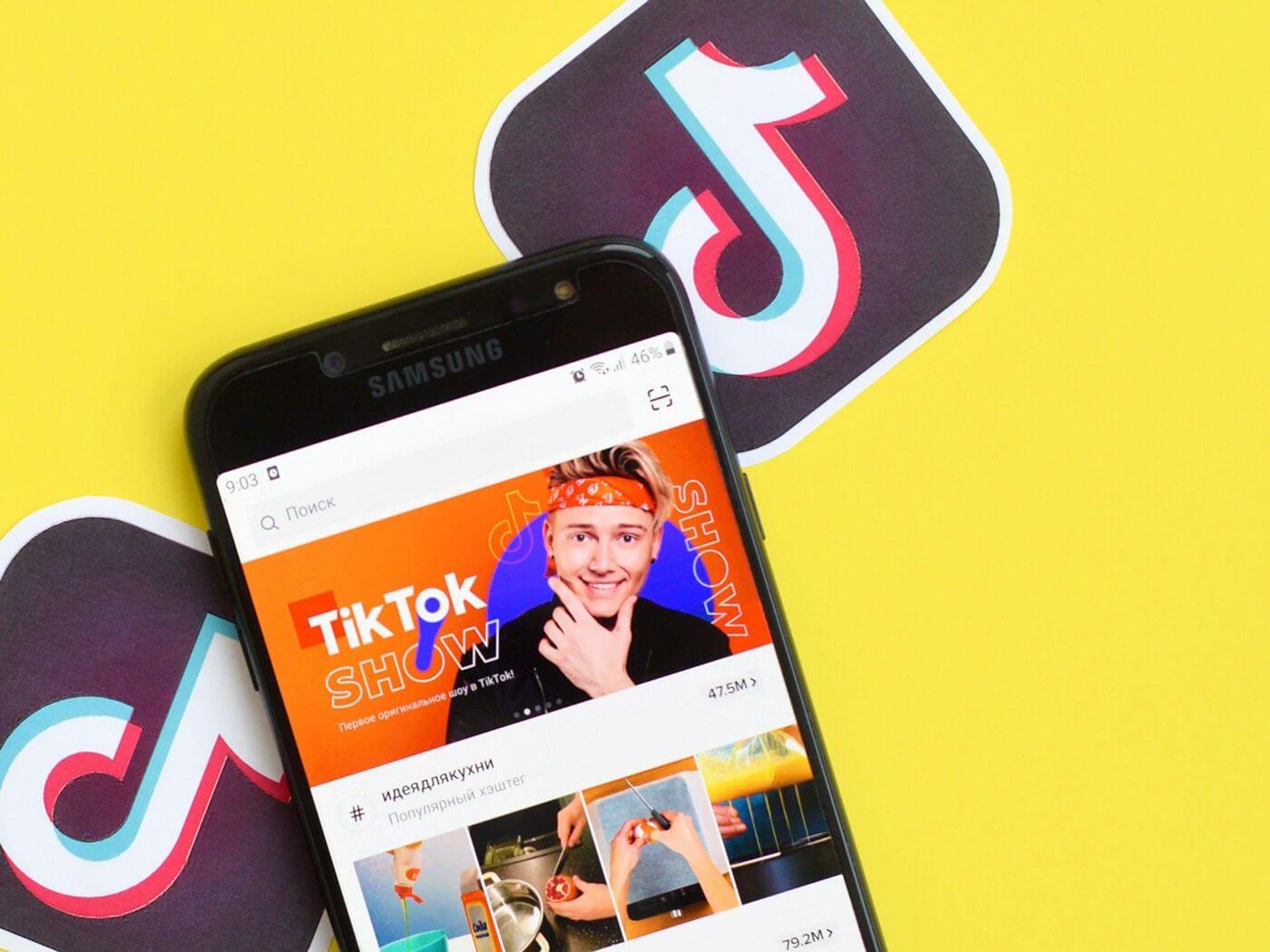TikTok reaches settlement with text-to-speech voice actress after allegedly using her voice without permission
The famous monotone voice was never meant to be used for the social media platform.

Credit: Mykhailo Polenok/Alamy
TikTok and the woman behind the app’s first text-to-speech voice, Bev Standing, have agreed to settle a lawsuit brought by Standing in May against the video-sharing platform for using her voice without permission.
Robert Sciglimpaglia, who represents Bev, told The Verge that the settlement is still being finalised, and the details should not be disclosed. Describing it as an “amicable resolution”, he added that TikTok would also license Bev’s voice, though it would be up to TikTok to use it.
While TikTok has never confirmed that Bev was indeed behind their original text-to-speech voice, they did change their text-to-speech voice two weeks after the original lawsuit.
One of Bev’s original complaints in her lawsuit centred on how her voice has been used to repeat “foul and offensive language” typed in by users of the app.
AI-learned voices have become a somewhat contentious issue with the technology growing more ubiquitous by the day. An example of this was when with Vickie Cornell, widow of Soundgarden vocalist Chris Cornell demanded the possibility of “deep-fake renditions of Chris’ vocals drawn from extant recordings by artificial intelligence that could mint brand new Soundgarden hits” be a consideration to the valuation of her assets, as reported by LouderSound.
It is a valid concern, however, as some of these AI can be programmed to emulate a person’s voice. South Korean startup Supertone is one such company expanding the limits of what is possible with AI-learned voices, bringing their AI-learned voice on Competition of The Century: AI vs Human, a tech-entertainment TV programme by SBS, to sing in the voice of Lee Kwang-Seok, a South Korean folk icon who died in 1996.
Bev in particular never imagined becoming the voice of a worldwide social media phenomenon in TikTok, and was surprised that recordings she had done a few years prior for a “text-to-speech” feature meant for the translation of Chinese texts had turned into the AI voice of an app downloaded by millions worldwide.
At the time she filed her lawsuit, she told The Telegraph that “No matter what I do, I believe this is going to affect my business,” as an actor for client videos, commercials and radio.